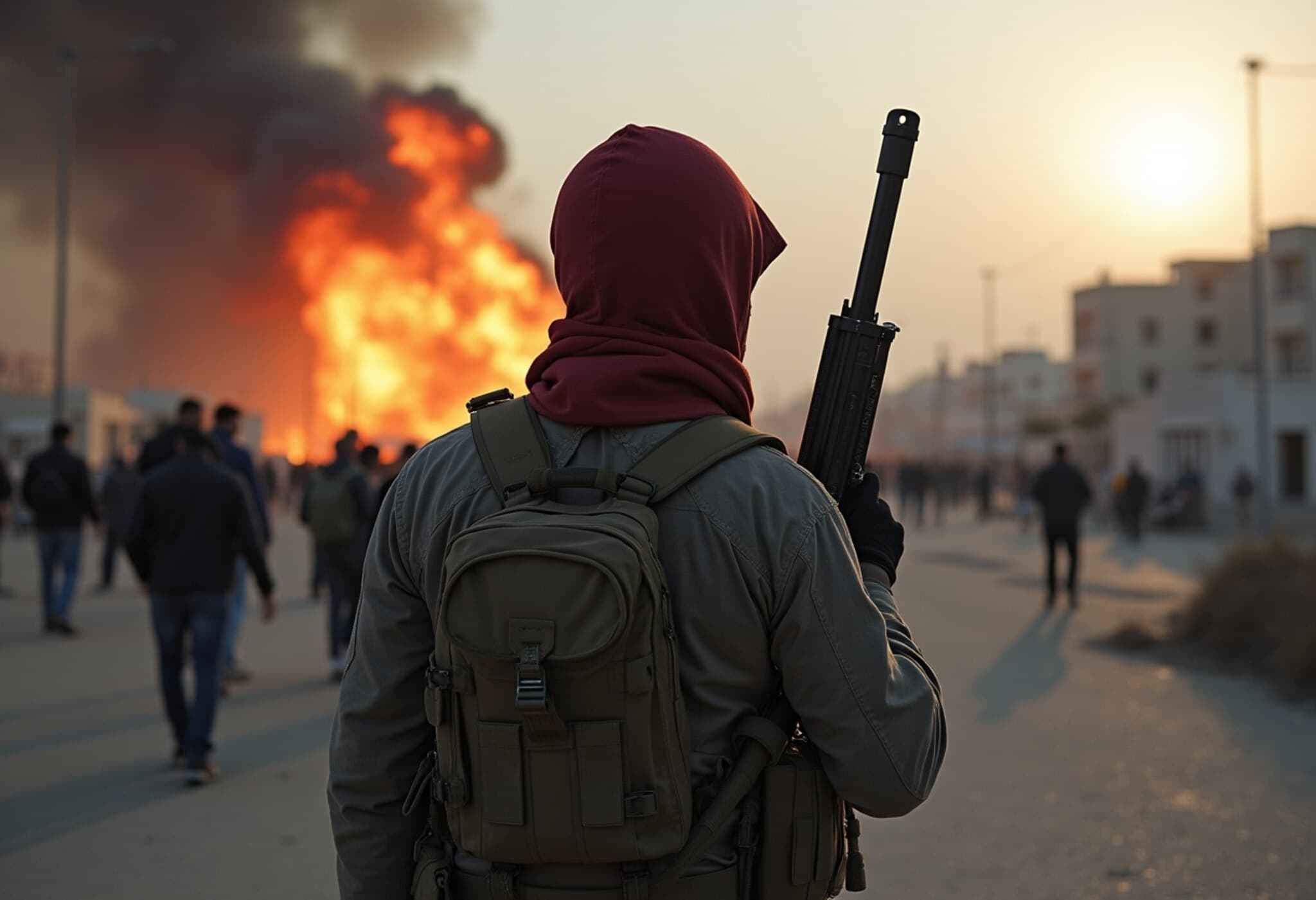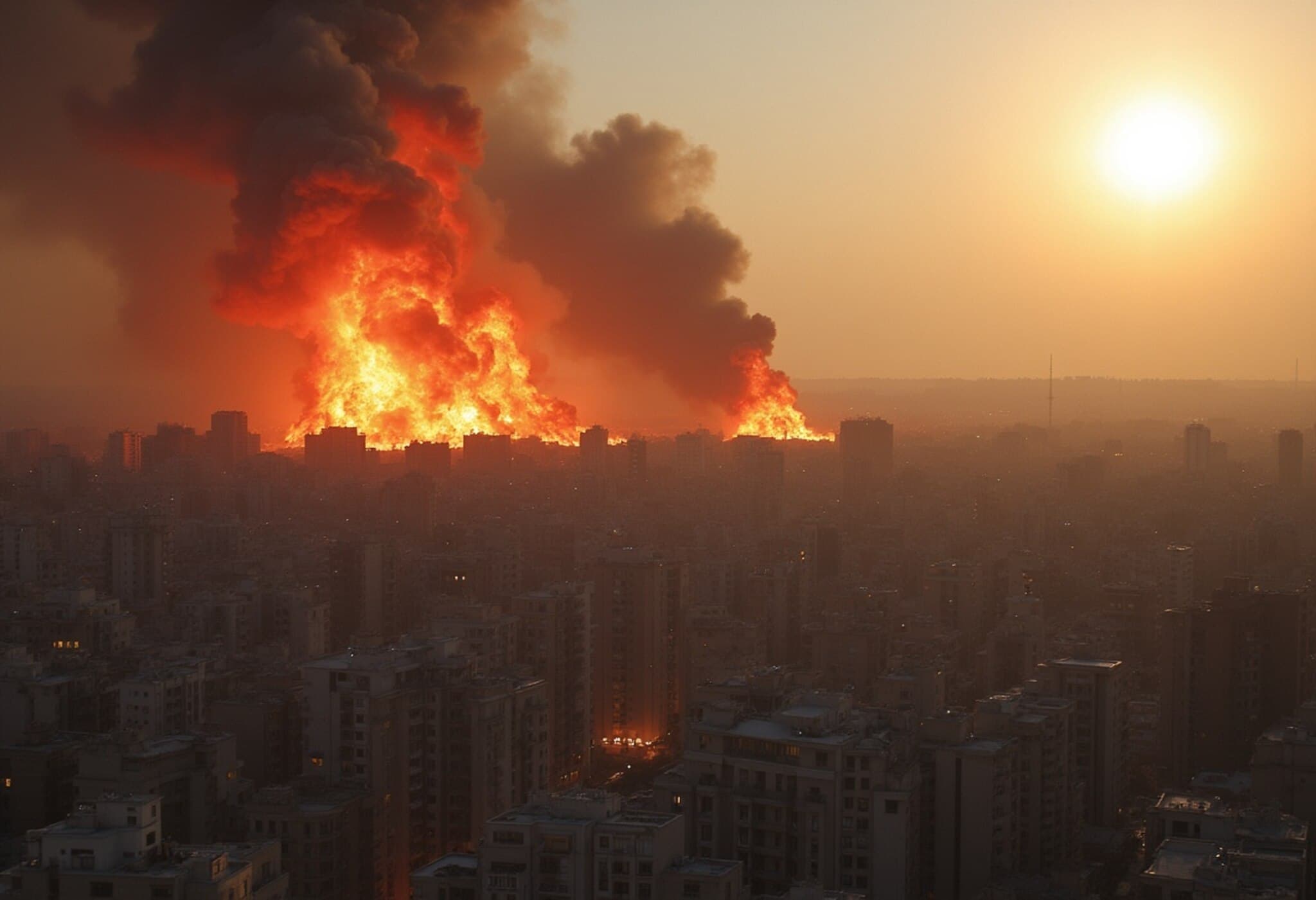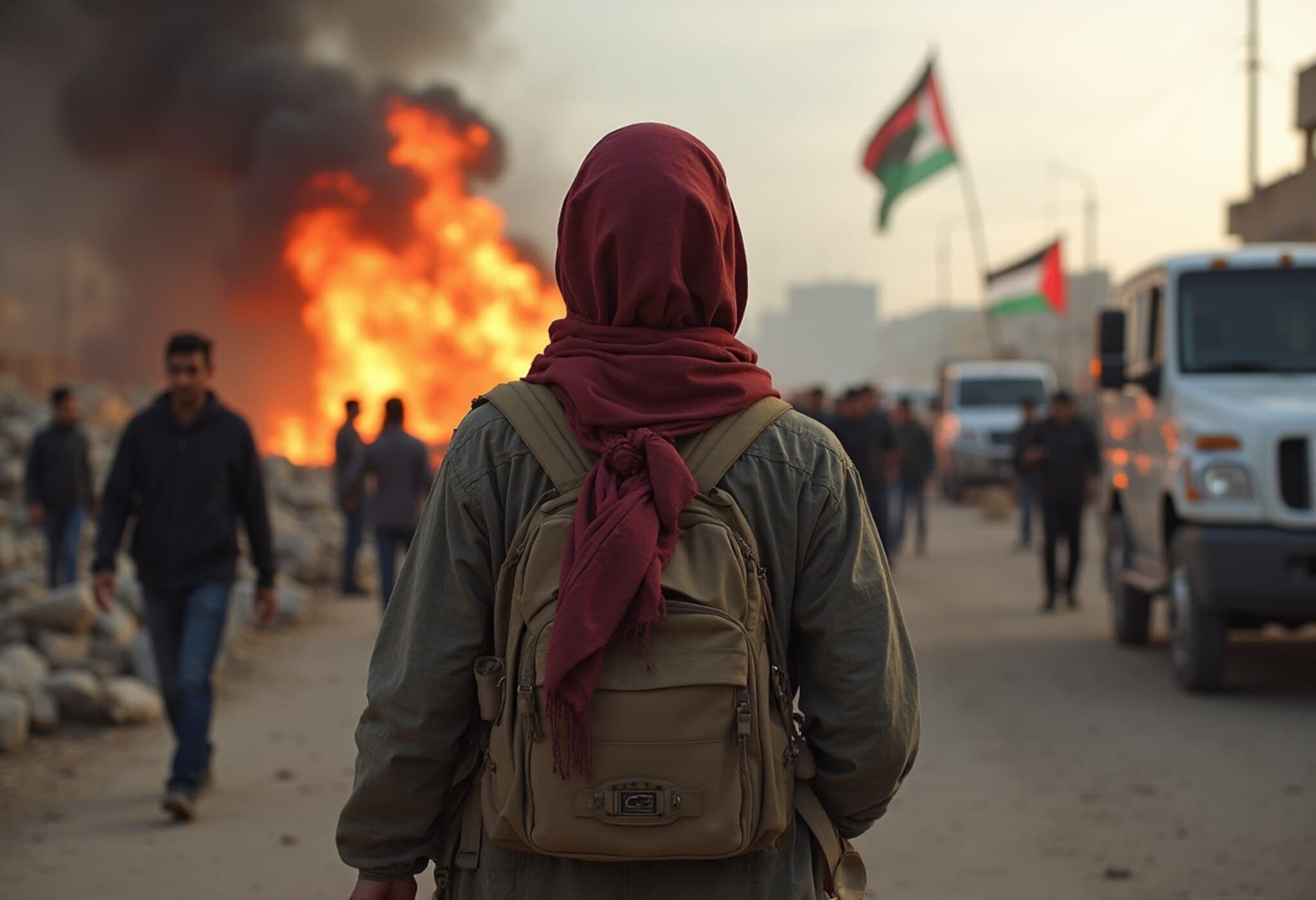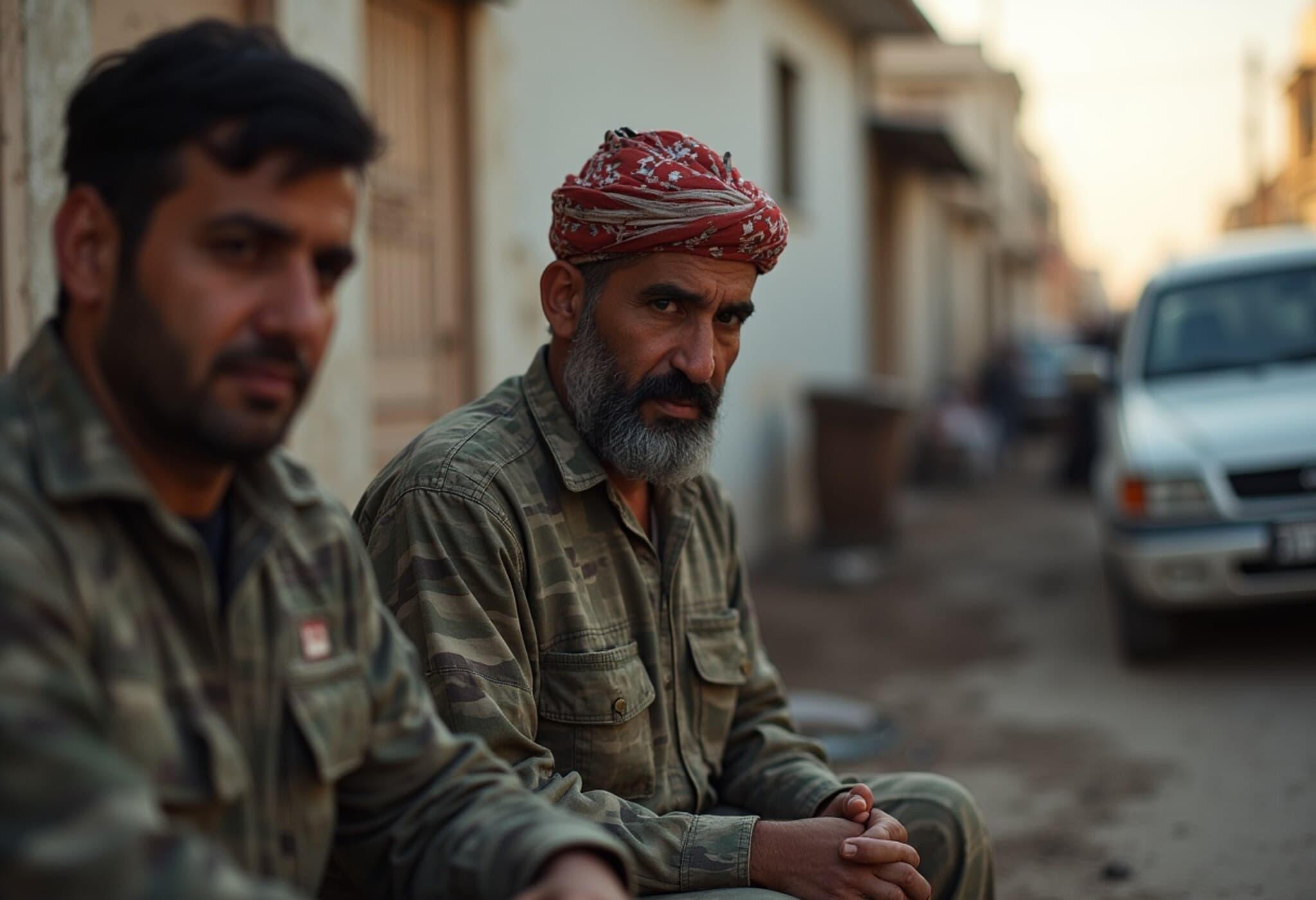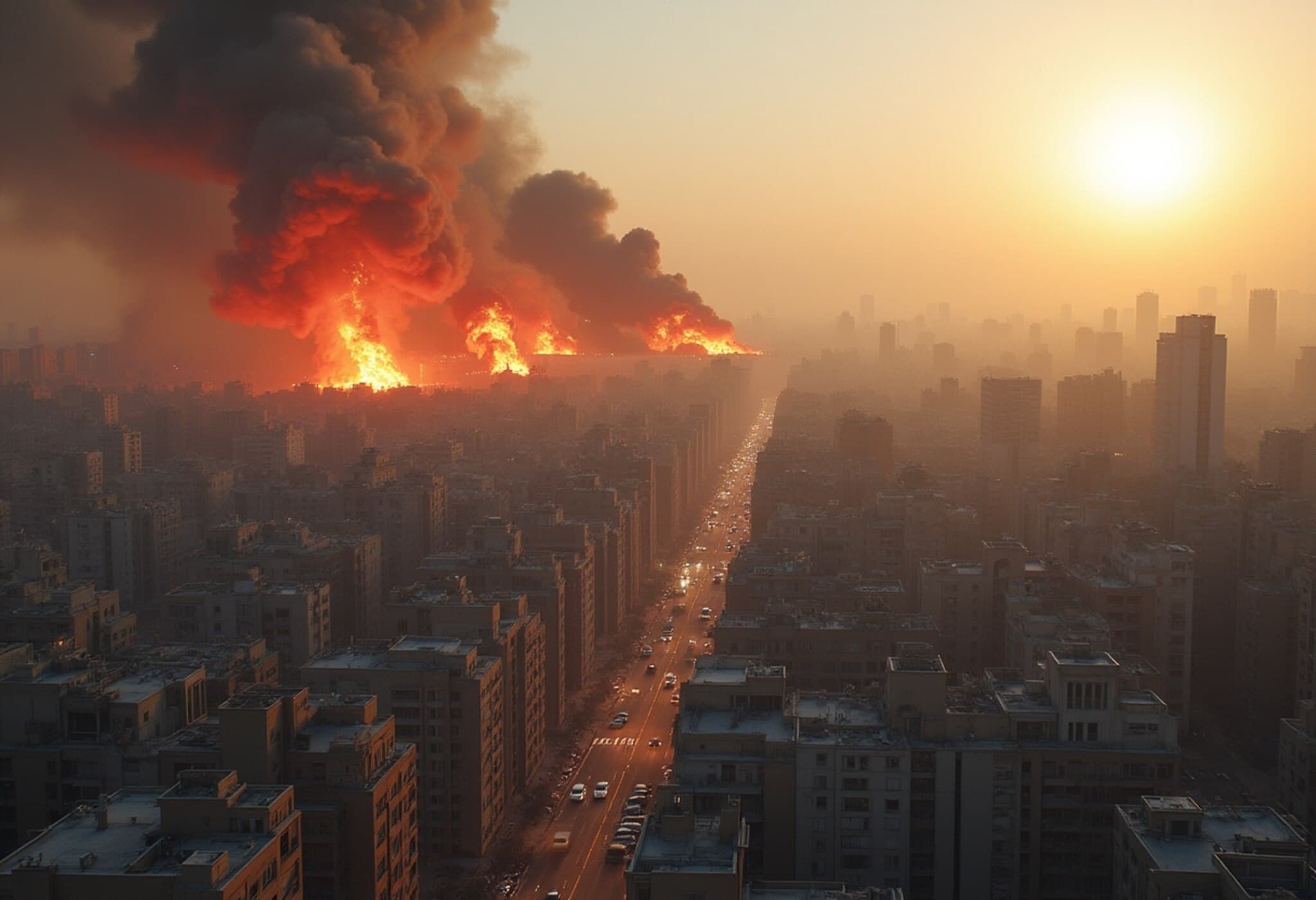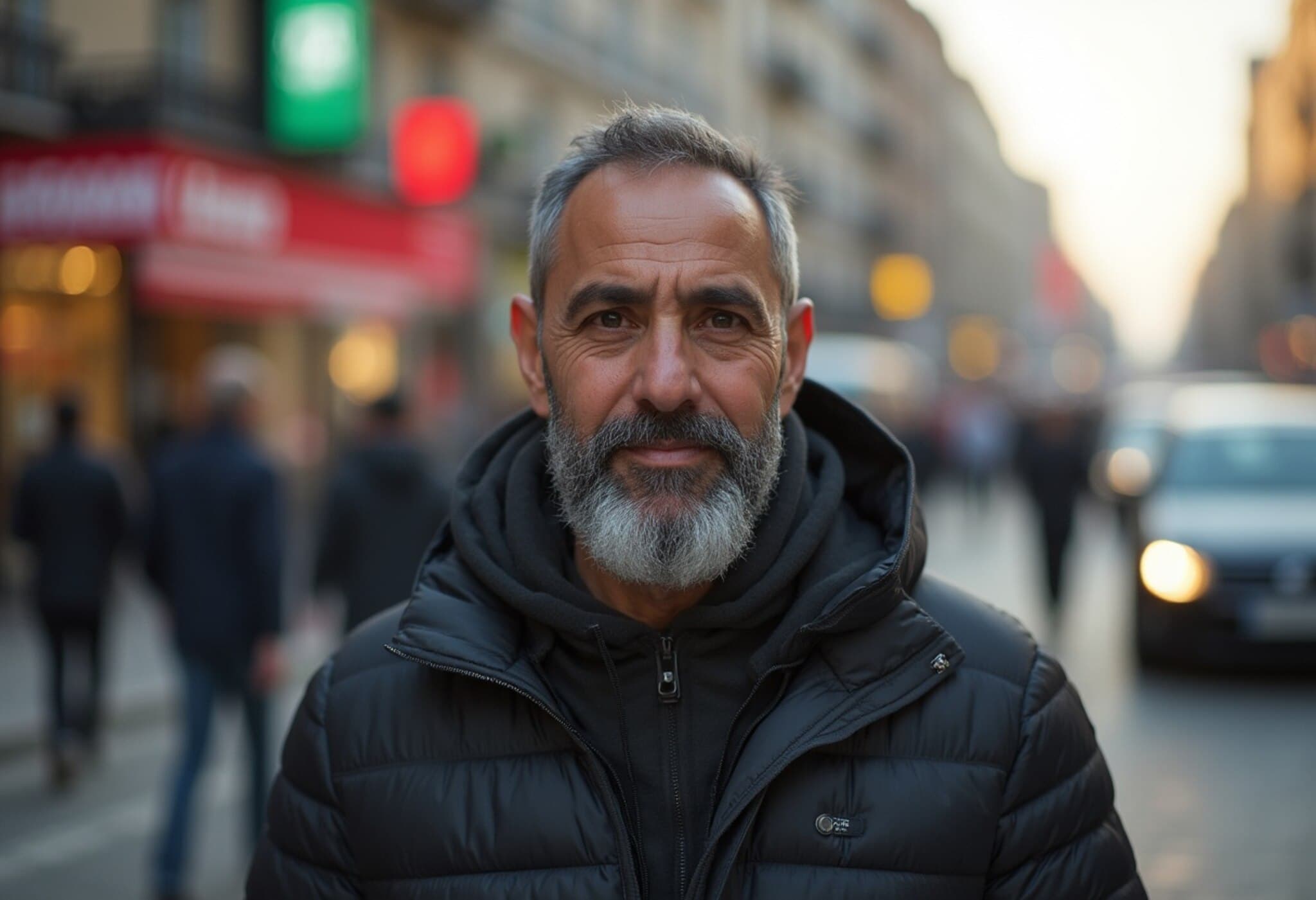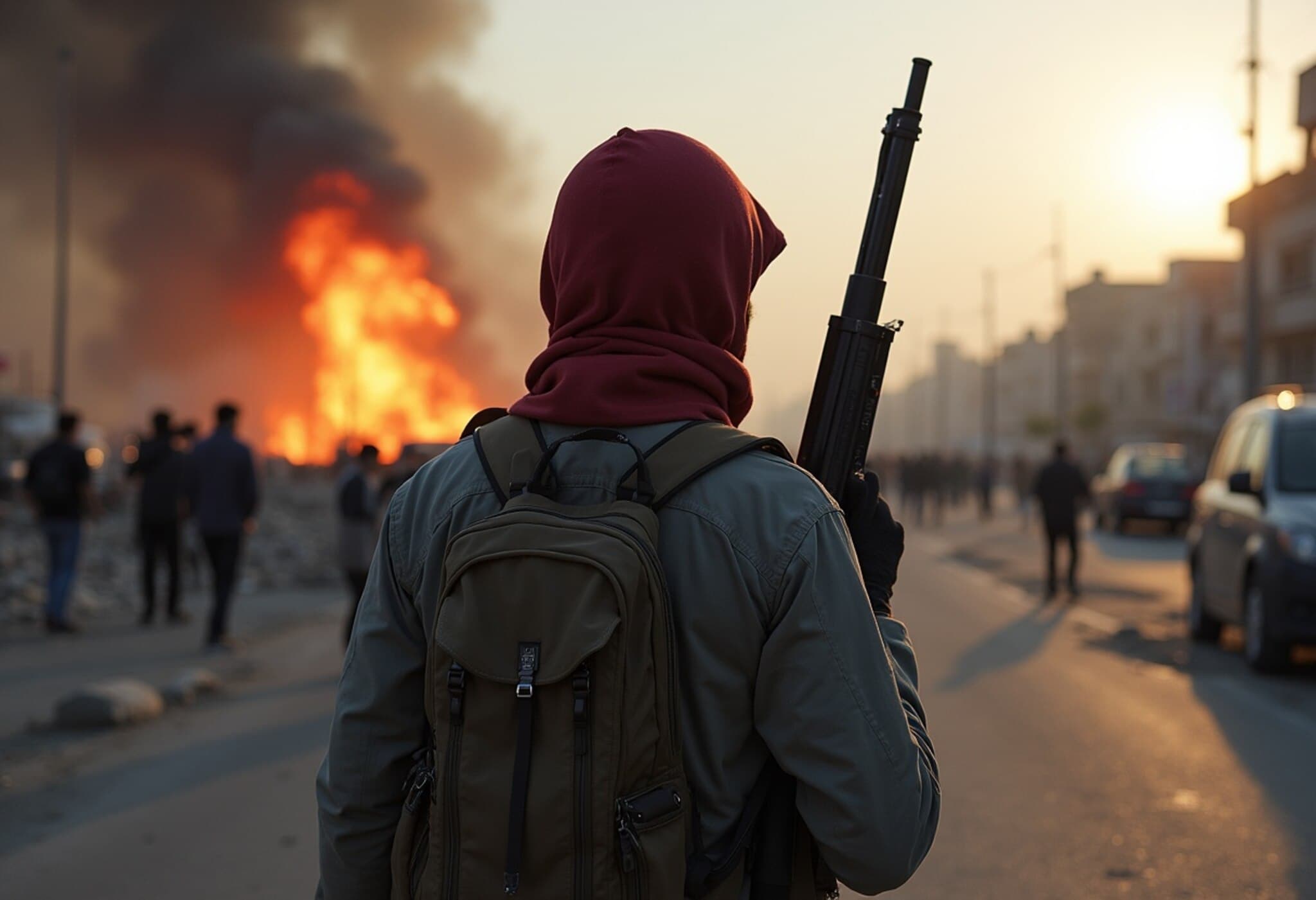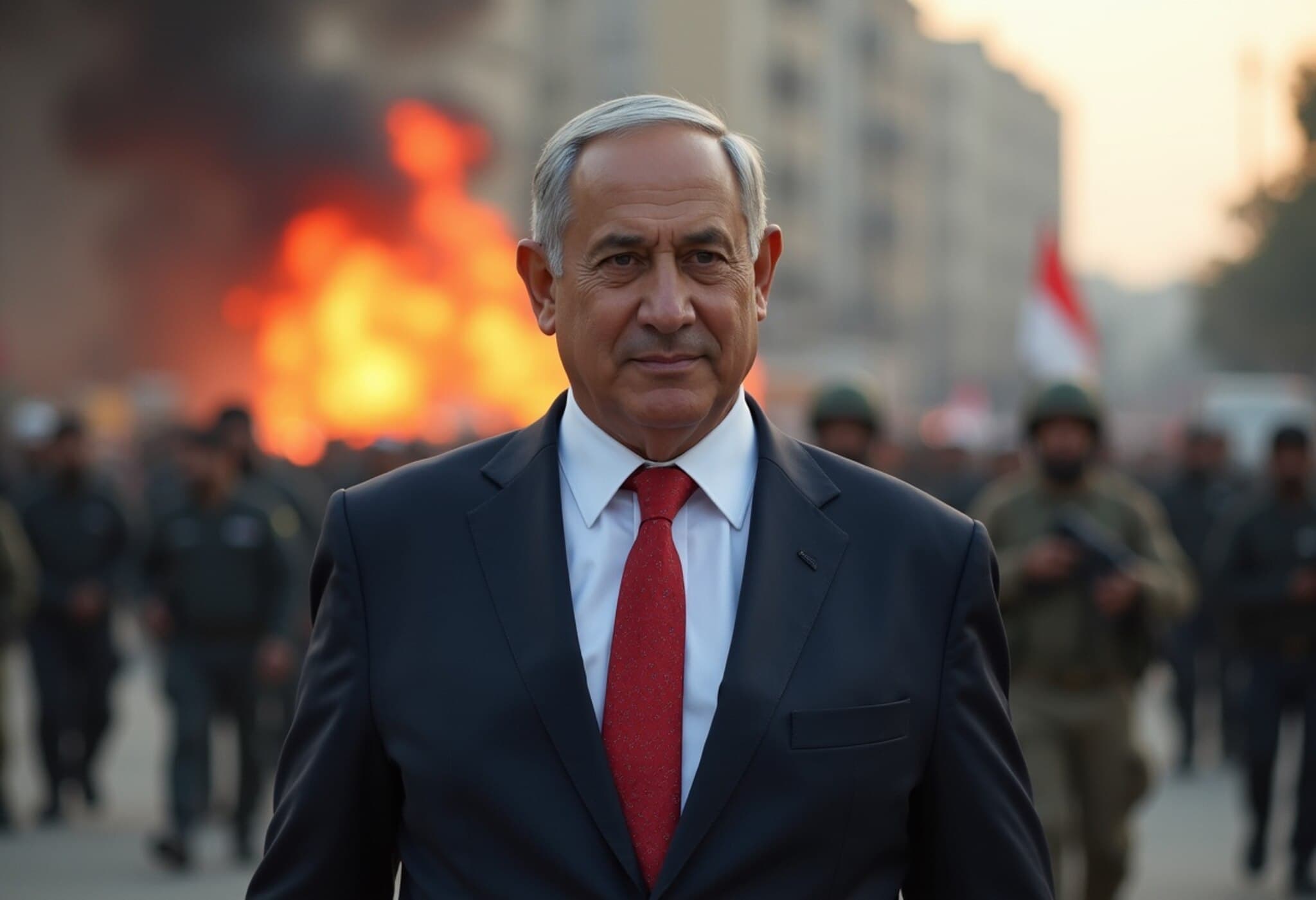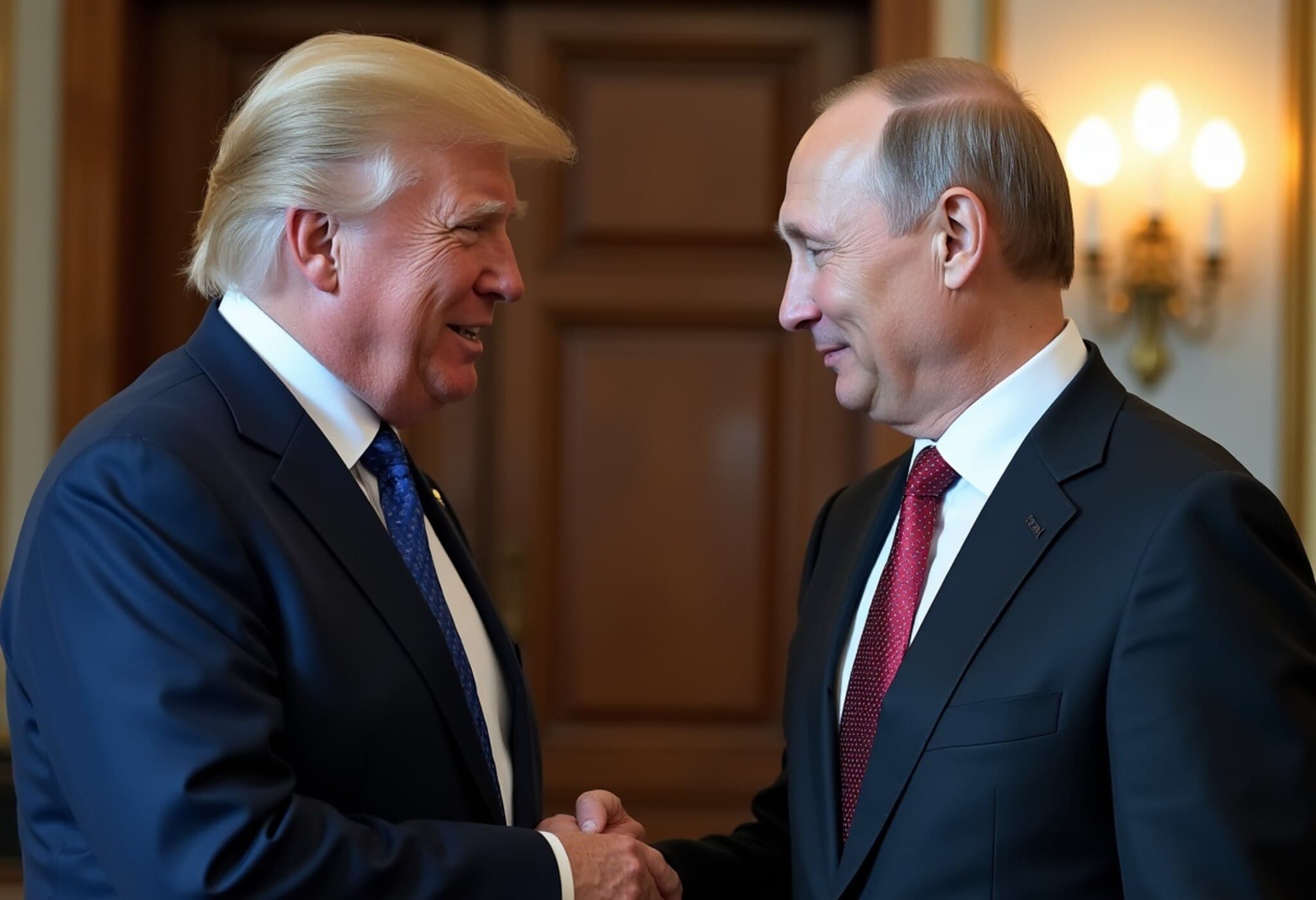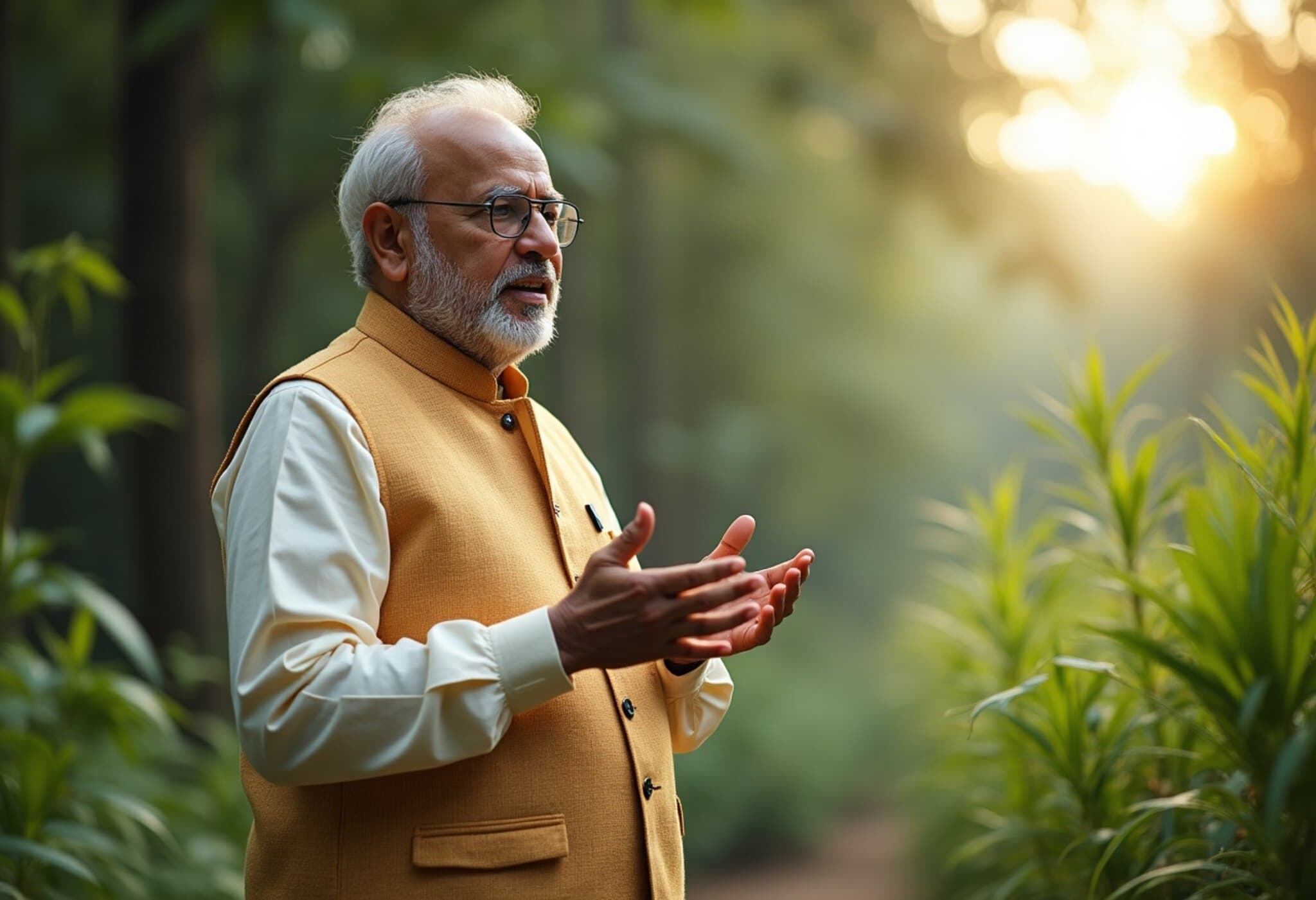Five Al Jazeera Journalists Killed in Targeted Israeli Airstrike Near Al-Shifa Hospital
In a tragic blow to press freedom and human life, five Al Jazeera journalists were killed late Sunday in Gaza City by an Israeli drone strike targeting a journalists' tent adjacent to the Al-Shifa Hospital. Among the dead was Anas al-Sharif, a widely respected correspondent, along with cameraperson Ibrahim Zaher, Mohammed Noufal, and Moamen Aliwa. The Israeli military confirmed the strike, asserting that al-Sharif was allegedly a leader of a Hamas rocket cell, a claim vehemently denied by Al Jazeera and UN observers.
Scenes of Mourning and Outrage in Gaza
Hundreds of Palestinians gathered to mourn the fallen journalists, their grief echoing through the streets of Gaza during funeral processions that many international observers interpret as a symbol of wider outrage and despair over attacks on press freedom amid ongoing conflict. Eyewitness reports describe the moments around 11:22 PM local time when the strike struck, with nearby journalist Wadi Abu al-Saud recounting the devastation.
"I had just finished my evening bulletin when the explosion erupted. A fragment of shrapnel struck my phone while I was raising it to call. Looking back, I saw my colleagues engulfed in flames. I tried to help, but Anas and the others perished instantly," he said.
Israel Defense Forces’ Controversial Justification
The Israel Defense Forces (IDF) confirmed a targeted operation against what they described as a Hamas command cell led by al-Sharif. This rationale, however, is met with skepticism and concern by multiple journalism and human rights organizations, raising pressing questions about the boundaries between military operations and journalistic safety.
Only two weeks prior, Al Jazeera publicly accused the Israeli military of a "campaign of incitement" against its Gaza reporters, citing growing hostility and risks faced by its correspondents on the ground.
Impact on Journalism and Press Freedom
Islam al-Za’anoun, a fellow journalist from Palestinian TV who attended the funeral, called Sunday’s attack "a turning point in the world of journalism." Beyond the tragic loss of life, this incident starkly highlights the vulnerability of media professionals reporting from conflict zones, and raises urgent concerns about press freedom under siege in volatile regions.
What Does This Mean for Reporting in Conflict Zones?
- Press Safety Risks: Journalists working in war zones face mounting threats not only from crossfire but increasingly from deliberate targeting.
- Accountability and Verification: With military claims contested, independent investigations into incidents involving journalists are crucial to uphold human rights and factual clarity.
- International Response: The global community is called upon to reaffirm the protections guaranteed to journalists under international law.
Broader Regional and U.S. Perspectives
In the context of U.S. foreign policy and international law, this event complicates persistent challenges around military engagement and media freedom in the Israeli-Palestinian conflict. American policymakers and human rights advocates often emphasize the necessity of safeguarding journalists as essential to transparent information flow and democratic accountability.
Moving Forward
This assault on journalists is not merely a tragedy but a sobering reminder of the dangers faced by those committed to bearing witness in conflict zones. It prompts a critical reassessment of military tactics, the protection frameworks for press personnel, and the imperative of unbiased reporting globally.
Editor’s Note
The killing of five journalists covering one of the world's most protracted conflicts underscores how perilous reporting has become in contested areas. It raises difficult questions: How can international legal protections for journalists be effectively enforced? What mechanisms exist to hold military forces accountable when press freedom collides with security concerns? As global outrage grows, so must our commitment to protecting truth-tellers who risk everything to inform the world.

